Leadership burnout: Why youth lose interest in community organizing after graduation (Part 2)
By Kristina Rodulfo
That last point on collaboration hangs in limbo most, according to former FIND leaders. One time National Director Steven Raga recalled proposing to expand FIND to Southern California in 2007. His idea was rejected because of restrictions supposedly related to FIND’s 501c3 nonprofit status. No such status existed; FIND only recently achieved 501c3 credentials this August after re-applying.
In 2009, Chris Unera, a former FIND District 5 chair, detailed his attempts to band together FIND for a large-scale benefit concert post-Typhoon Ondoy at Temple University after having funds allocated for use only on campus. FIND National did not participate despite other FIND schools’ involvement in organizing, claiming it was a District 5-specific event. It also requested its name be removed from promotion of the concert and other events Unera’s District 5 group tried to organize.
“What’s the point of this umbrella organization if we can’t align with you?” he asked.
In a similar sentiment, Raga said, “Networking should be generating positive results for the community. Networking for what, FIND? Answer that.”
The culture of complacency directly correlates to prospective leaders available to join organizations outside of the school sphere. By graduation, students get burned out. Rather than have leaders focused on one position, the passionate go-getters adopt multi hyphenate roles and monopolize available positions. Take FIND’s current two-term National Chairperson Marc Densing, for example. Any email from him will read a slew of positions in his signature:
• FIND National Chairperson
• Former FIND National Director
• Program Director at LEGACY
• On top of that, a full-time student with a part-time HR internship
Karoline Panes, former FIND National Director, explained that this is precisely why many students, who were great leaders during college, completely lose touch with community building after graduation.
“They feel like they devoted so much of their life to it already, they have nothing else to give,” she said. “Or, they’ve done so much already that they’re just tired of it.”
“That’s a really big thing with FIND as a whole,” continued Panes. “You don’t see a lot of National Directors come back to the Filipino community because they feel like they’ve burned out from all they’ve had to do and the time they gave—with no reward.”
Rachelle Ocampo, who became two-time president of the Pilipino American Unity for Progress (UniPro) after serving as president of District 3 school St. John’s University’s Philippine-Americans Reaching Everyone (PARE), offered this insight: “Students are the future of community organizing. We might as well help transition while we can, transition them into leadership roles now and into higher-level positions, not just PR or website design.”
She said established organizations underestimate how much the youth can contribute “and that’s what needs to be changeable.”
Perhaps it’s the telltale sign that the effort of uniting college students, as noble and fruitful as it may be, loses its fulfillment from a lack of further purpose. What you’re left with are leaders spread too thinly and organizations, like FIND, losing focus.
On the weekend I met with Raga, he had his entire weekend blocked out by the hour with different mainstream organizations, such as the PAGASA Social Foundation for seniors, UniPro for students and young professionals, and the political empowerment group NaFFAA on his agenda. He’s seven years removed from FIND but as busy as when he was a rising student leader at Stony Brook University.
“The lack of leadership in school organizations has developed that vacuum that has carried over into lack of skills or interest in the Filipino community afterward,” he explained. “Who am I going to be recruiting from? Not college students. I’m looking at who has done UniPro, Jaycees.”
It’s a domino effect that starts freshman year. Oftentimes and out of need, students fill positions without context to their title. At Brown University, Dorado explained, “The senior class was tight in a way that made the younger classes a little complacent when it came to cultivating younger generations.” Despite having only introductory involvement on his first year, he was appointed a leadership position the next.
“That was my first step in leadership in anything,” he said when he became president of Brown University’s Filipino Alliance (FA).
Eventually he stepped down from FA to focus on Kaya Collaborative, an organization that sends students back to the Philippines, as one of its efforts, to complete internships based in social ventures and community organizations. This is, he stressed, a prime example of branching out of the student sphere.
“Filipino Alliance had history built into it over its 25 years of existence. I wanted Kaya to have a brand and identity and story and a compelling sense of a movement people can be a part of,” he said. “I wanted to be able to craft and continue in a way that needed to be outside the constraints of an organization that didn’t have this mission built into it.”
Raubern Totanes, FIND District 3 Co-Chair, explained a similar situation to Dorado’s in inheriting leadership when he moved into his current role.
“We had a transitional meeting but it was only one where they just threw everything at us,” he said. “I wasn’t really given enough preparation before fulfilling this position.”
Kristina Rodulfo is a recent graduate of New York University and journalist whose work has appeared in Rappler and ELLE magazine. She was former president at NYU’s International Filipino Association and is also a founding Program Director at LEGACY, where she develops mentorship programs for Asian American students on building leadership skills.
NEXT: Has ‘crab mentality’ crept into the ranks of second generation FilAms?
The FilAm’s Investigative Reporting Project is made possible through the generous support of our readers and contributors including the following:
Consuelo Almonte
Melissa Alviar
Amauteurish.com
Bessie Badilla
Sheila Coronel
Joyce and Arman David
Menchu de Luna Sanchez
Kathleen Dijamco
Jen Furer
Marietta Geraldino
Dennis Josue
Lito Katigbak
Rich Kiamco
Monica Lunot-Kuker
Michael Nierva
Lisa Nohs
Cecilia Ochoa
Rene & Veana Pastor
John Rudolph
Roberto Villanueva
2 anonymous donors
![]()


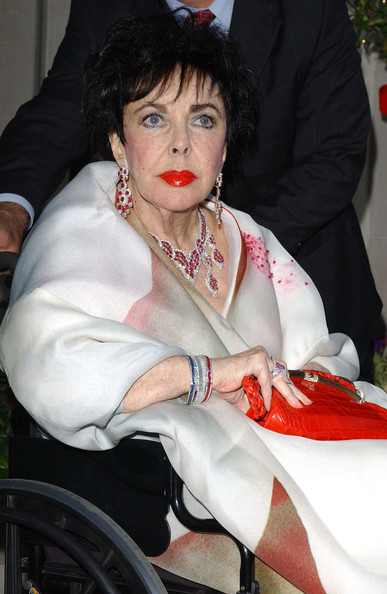
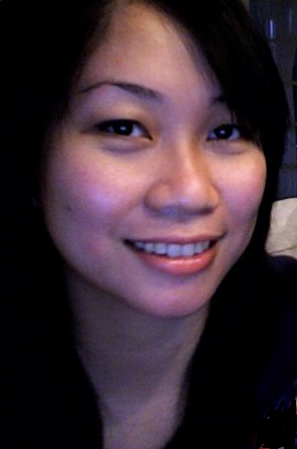
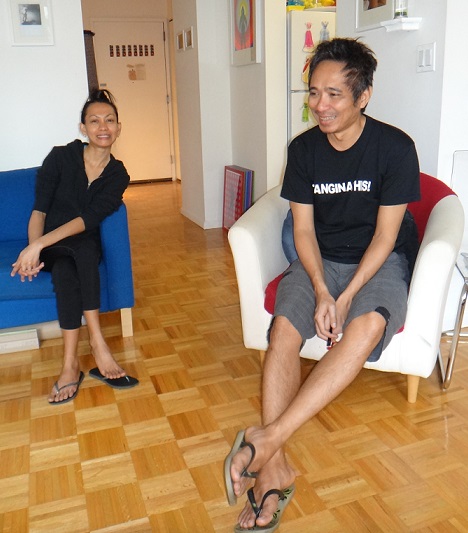

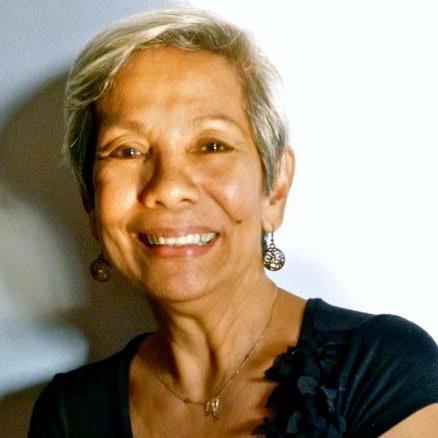
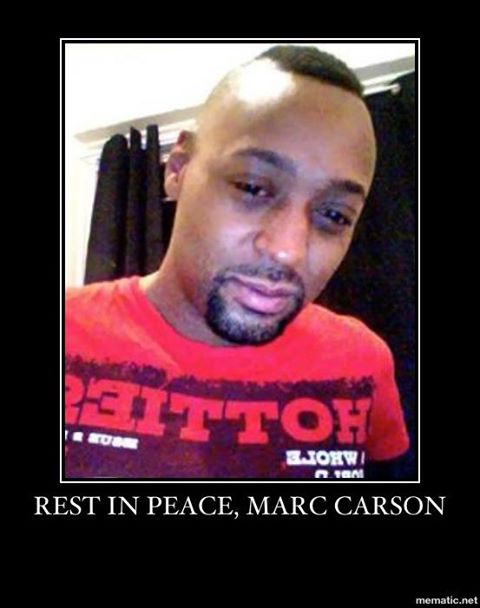
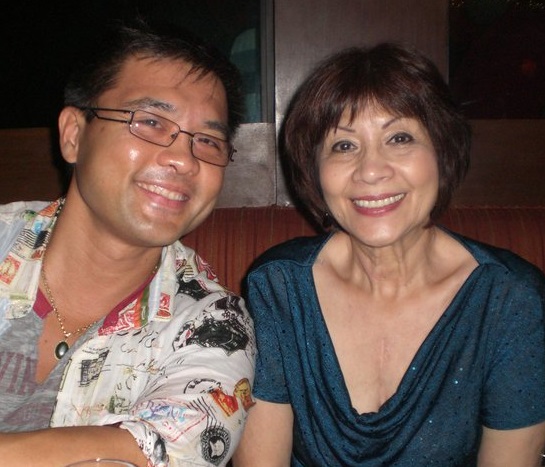
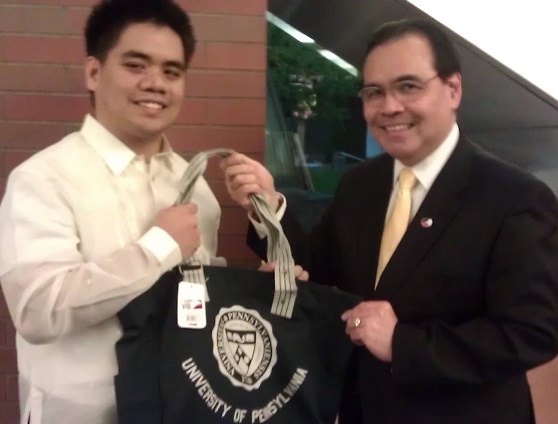


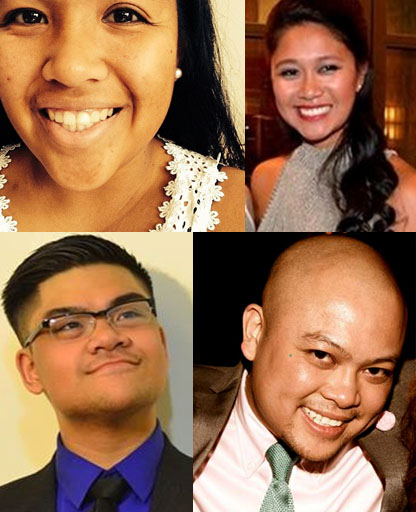

[…] Leadership burnout: Why youth lose interest in community organizing after graduation (Part 2) […]